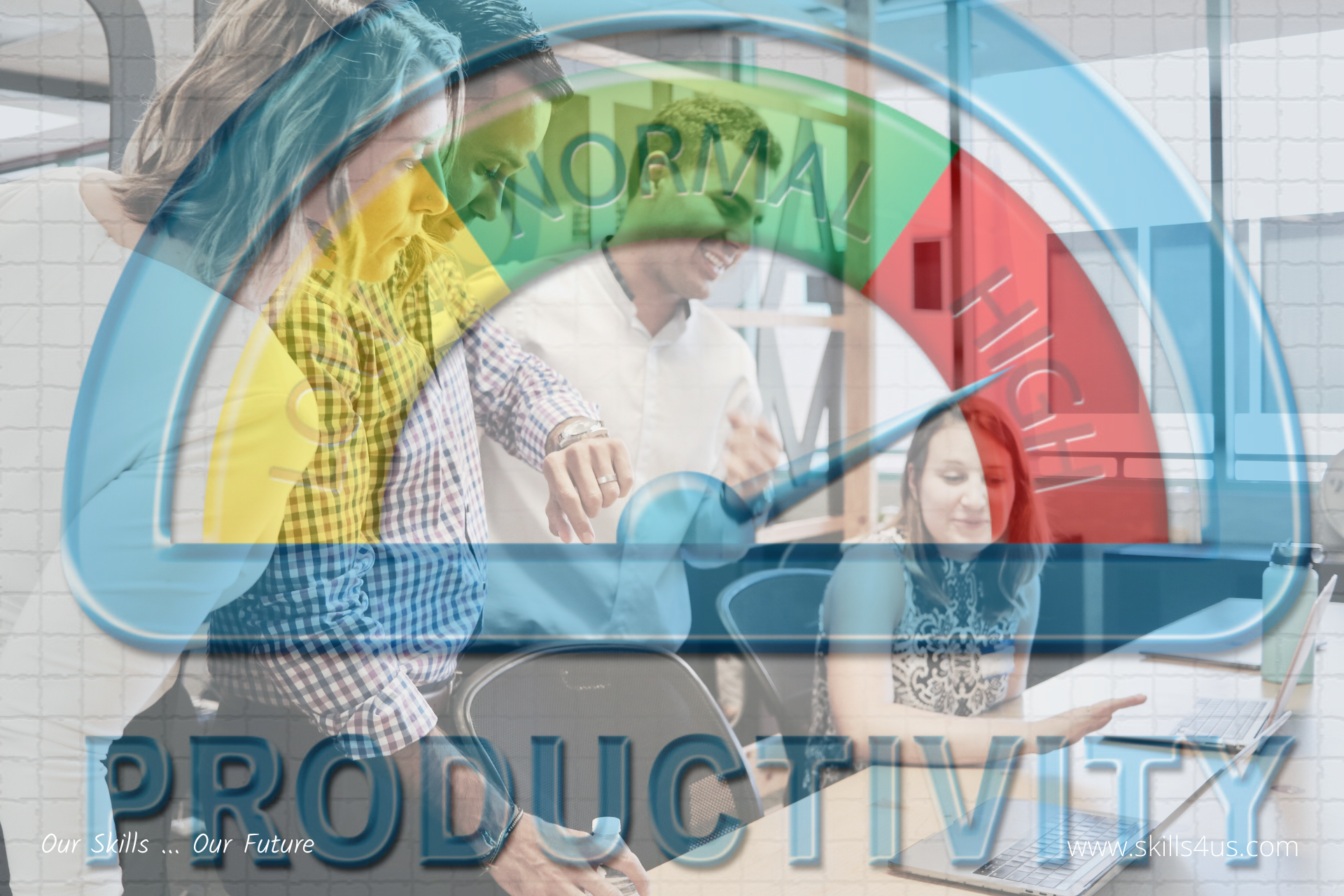
Employee Interaction And Awareness Of Their Work Contributes To Creating A More Productive Work Environment
How engaged are your employees? If you don’t know, you may have more than one interaction problem, which may affect your productivity. So how can you create an effective team and more productive work environment to achieve the best results for your organization?
Having a ‘challenging and curious’ atmosphere doesn’t necessarily mean there is ‘enthusiasm’ on the part of the employees. We notice that many employees do not have enough enthusiasm for these jobs. Therefore, they seek to stay and continue in their jobs. Because they face many challenges and difficulties in their private and working lives. It directly relates to whether or not these people are engaged and in their careers. Here, you must ask the following question: “Do your employees believe that what they do is related to the mission and values of the organization?”
Establishing, promoting, and upholding your organization’s core values is the bedrock of a committed and productive workforce. Values help you decide whom you will hire, how and why you will work, and with whom.
Define your organization’s values
The clarity of the organization’s values should be easy for people to apply and contribute to creating a more productive work environment. And develop a line of vision between your organization’s goals and the employees working in it. You should devote a significant amount of your time to identifying the actual values of your organization.
Be specific about doing well.
Values without a precise measure of what productivity looks like are not practical. You and your employees need to find the right balance between performance goals and independence in deciding how to achieve them. Note that this effect contributes to creating a more productive work environment.
To achieve this, you must work to establish employee awareness of their work and how it relates to the mission and vision of the organization. It is how interaction exists, as interaction is a catalyst for productivity.
But how to grow interaction in your company:
1. Communication
The first characteristic of a successful team is communication. It is a matter of communicating concepts, values , and goals to the minds of your employees. And this responsibility rests with you as an outstanding management leader. Because your role is to communicate the concepts of your organization at all levels of it, you need to speak and listen more to what employees have to say.
It takes ingenuity to keep communicating. And then, you have to provide opportunities for your employees to develop and improve through your communication with them because contact with your employees allows you to know if they are happy and productive. You understand that your communication with your employees motivates them to work with enthusiasm and sincerity and develops their flexibility and independence in implementing and achieving your organization’s goals.
2. Avoid work obstacles
Consider that there may be obstacles and barriers for your employees in the course of their job duties. You need to pay attention and know this to avoid this and make it easier for your employees to do their work.
Frustration or stress is constant and lasting on your employees, and you have to distinguish between what is typical of your business and what you should avoid. Moreover, as your organization grows and develops, sometimes it becomes more about the process than achieving customer demand and satisfaction.
3. Productivity constraints
- Sometimes, production problems have nothing to do with employees, so you need to ensure that all of your team leaders agree with business values. It is also up to you to build trust and enhance communication.
- It does not have to be a working environment. But you need to make sure your employees have the tools they need to do their jobs. In addition to creating an atmosphere of openness, flexibility, and interaction.
- It is necessary to find a natural state of cooperation and teamwork, leading to focusing on work.
- The process must play an essential role in leading to efficiency. But, if it gets in the way of productivity, or if your employees aren’t using it because it’s too stressful, then something needs to change.
4. Interaction measurement
At some point, employee interaction can’t be a buzzword. It’s a way of listening and being honest with people. So it would be best if you encouraged openness and communication through employee feedback. It is okay for some of them to be harmful, and listening to those on the front line is valuable.
5. Keeping pace with development and growth
When small businesses grow from five to 30 employees, the issue becomes different. Communication is vital when four, five, or even ten people are in your organization. Often when you assign employees to their positions, contact is lost, and you end up with a group of employees who never talk to each other.
If you’re in this situation, it’s time for a change. The decisive outcome was likely to be, “This is what we believe in, and this is how we work.” However, as your organization grows and develops, ensure that your core values are firmly defined and form part of the hiring and onboarding process.
The hallmark of good values is that they hold up over time. Due to changing times, volatile markets, or other influences, it may need tweaking. And however, it must be strong enough to withstand it in essence.
Focusing on employee interaction as a means to success and productivity may be at odds with your management practices. But having employees who align with the organization’s core values and interact with its goals is also vital for creating a more productive work environment and employee retention.



